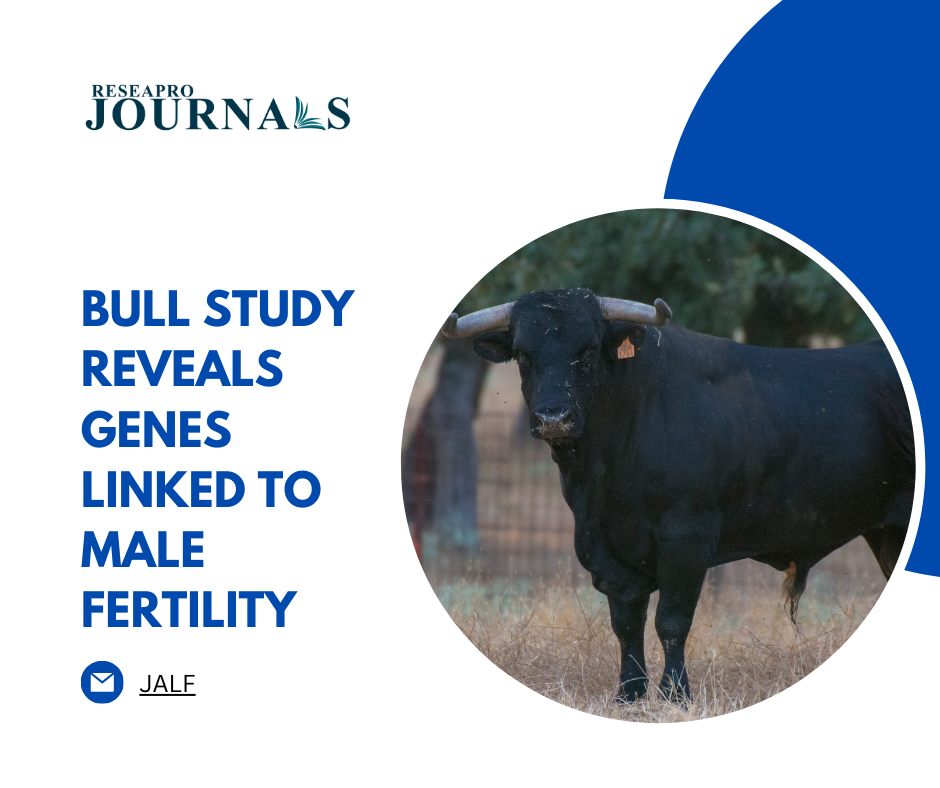
ETH Zurich researchers, led by Prof. Hubert Pausch, examine young bulls to understand the genetic factors influencing male fertility. By studying the transcriptomes of testicles, epididymis, and vas deferens in 118 bulls, they identify genes associated with fertility. These findings, likely relevant to human male fertility, enable more accurate diagnostics for breeding bulls, reducing financial losses from failed artificial inseminations. The study highlights the homogeneity of the bull cohort, providing valuable insights into male fertility genes, which are challenging to obtain from diverse human age groups. Livestock breeders stand to benefit first from improved breeding practices.

